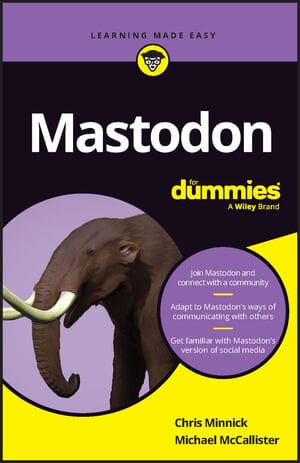The Discerning Author
Think about the potential downsides of writing that book before you haphazardly sign that contract.

Even a college sophomore should know that economics is the study of scarcity. When a country, firm, department, or team chooses to accomplish X, by definition, it opts to forgo Y and Z.
Make no mistake: The same axiom applies to authors. Choices matter, and authors should be discerning. In this post, I'll discuss two opportunities on which I passed in 2023, why I did so, and what you can learn from my decisions.
Opportunities in the Twitter Chaos
Soon after the acquisition closed, Elon Musk began dismantling Twitter and concurrently pissing off developers, advertisers, users, employees, and even San Francisco residents. More than a few tech companies smelled opportunity. Meta launched Reels, and Substack added Notes.
For its part, Mastodon and its community tried to usher in an era of decentralized social media. Early in 2023, my agent approached me about penning Mastodon For Dummies.
I thought about it over the course of a few days and spoke to a few trusted friends. I thanked my agent for the offer but ultimately declined.

Two reasons drove my thinking. First, I doubted that Mastodon could sustain its initial buzz and user growth. I was right, and color me amazed if the number of users doesn't positively correlate with book sales. (Judging by the paltry number of Amazon reviews for Mastodon For Dummies, it didn't exactly sell like hotcakes.) Second, I didn't—and still don't—see how any author can write a comprehensive guide about a tech product these days. (How Zoom For Dummies still sells 100 copies per month absolutely mystifies me.)
